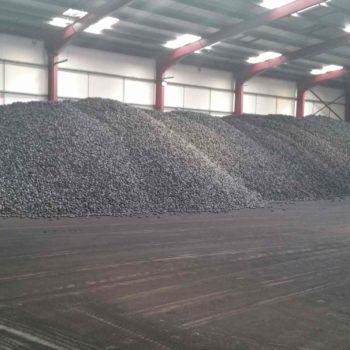Illicit solid fuel trading costing Irish retailers €2m, report says

Ireland's illicit solid fuel industry is costing retailers millions, as the contraband is being traded openly using online forums and social media to boost sales, a new report by Hardware Association Ireland has revealed.
21 July 2017
New research carried out by the Hardware Association of Ireland has urged the government to crack down on illicit solid fuel trading, which it says is costing retailers in excess of €2m per year and putting jobs at risk.
The report, submitted as part of the HAI’s pre-budget 2018 submission, also says that illegal traders are using the internet and social media to trade “in the open”.
“While all eyes are on the economic fall-out of Brexit, fuel smugglers are literally committing daylight robbery in villages, towns and cities across Ireland,” says Annmarie Harte, the HAI CEO. “That is costing honest, hard-working retailers millions in lost revenues and putting an estimated 1,200 local jobs at risk.”
To demonstrate the scale of the problem, HAI gave the following example: A standard truck carrying 20 tonnes of coal from Northern Ireland to the Republic without the application of Carbon Tax and the differential in VAT means that the perpetrator saves €1,195.61 in Carbon Tax alone. The difference in VAT increases the ‘savings’ and potential illicit gains to €2,005.61. This serves as an incentive for illicit solid fuel trading.
“This is not a victimless crime,” Harte adds, “and government can’t turn a blind eye to this serious and growing problem. While welcome, the Sale of Illicit Goods Bill 2017, will only be as good as its enforcement and 89% of our members don’t believe the bill, when passed, will make a difference. The scale of the issue now demands urgent legal and regulatory intervention.”



 Print
Print


Fans 0
Followers